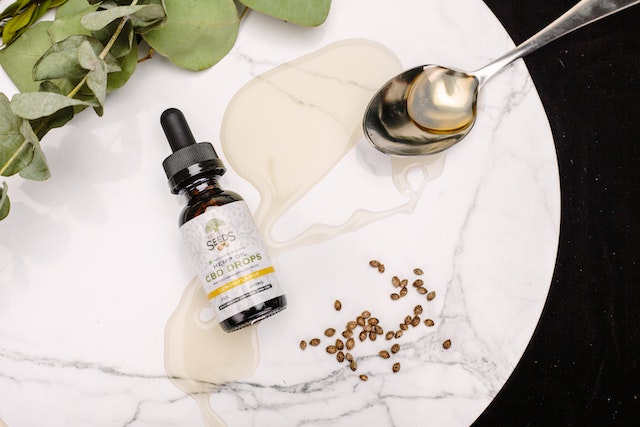In the realm of nutrition, few topics have sparked as much debate as the use of seed oils and vegetable oils in cooking and diets. Are they a boon for heart health, or do they pose hidden risks? This article serves as an introduction to the ongoing discourse, offering a balanced perspective on the potential benefits and concerns surrounding these widely-used cooking oils.
Seed Oils and Vegetable Oils: A Dietary Dilemma
- Types of Oils: Understanding the varieties of seed and vegetable oils – from sunflower and soybean to olive and avocado – is crucial for evaluating their nutritional profiles.

Photo by Tree of Life Seeds: https://www.pexels.com/photo/white-labeled-bottle-and-spoon-on-plate-3259595/ - Fatty Acid Composition: Delving into the ratio of polyunsaturated, monounsaturated, and saturated fats in different oils sheds light on their potential effects on cholesterol levels and overall health.
The Heart Health Controversy
- Omega-6 Fatty Acids: Some seed oils, rich in omega-6 fatty acids, are praised for their potential anti-inflammatory properties. However, an excessive intake can lead to imbalances in the omega-3 to omega-6 ratio.
- Saturated vs. Unsaturated Fats: The debate over whether certain seed oils contribute to heart disease due to their high omega-6 content remains a hot topic among nutritionists and researchers.
Smoke Points and Culinary Considerations
- Smoke Points: Understanding the smoke points of different oils is essential for determining which oils are suitable for high-heat cooking methods like frying and roasting.
- Flavor Profiles: The distinct tastes and aromas of various oils play a significant role in culinary choices and can impact the overall enjoyment of a dish.
The Processing Predicament
- Refined vs. Unrefined Oils: The refining process of seed and vegetable oils can significantly alter their nutritional profiles, potentially removing beneficial compounds.
- Extraction Methods: How oils are extracted – whether through cold-pressing or chemical processes – can influence their overall quality and potential health benefits.
Balancing Act: Incorporating Oils Into a Healthy Diet
- Moderation Matters: Regardless of the type of oil chosen, moderation is key to a balanced diet. Overconsumption of any oil can lead to excessive calorie intake.
- Diverse Oils for Diverse Needs: Recognizing that different oils may serve varying culinary purposes and provide unique health benefits encourages a well-rounded approach to oil selection.
The Role of Individual Health Factors
- Metabolic Variations: How our bodies metabolize fats can vary from person to person, influencing how different oils may impact cholesterol levels and overall health.

Image by: https://www.bannerhealth.com/healthcareblog/better-me/can-certain-foods-increase-stress-and-anxiety - Considerations for Specific Health Conditions: Certain health conditions, like diabetes or cardiovascular disease, may warrant specific considerations when choosing cooking oils.
Conclusion: Navigating the Oil Landscape
The question of whether seed oils and vegetable oils are a boon or bane to our health is one that continues to be examined and debated. Ultimately, the answer may lie in a balanced approach that considers individual health, culinary needs, and a diversity of oils. Armed with knowledge and mindful choices, individuals can navigate the cooking oil landscape with confidence, enjoying both the flavors and potential benefits these oils have to offer.












